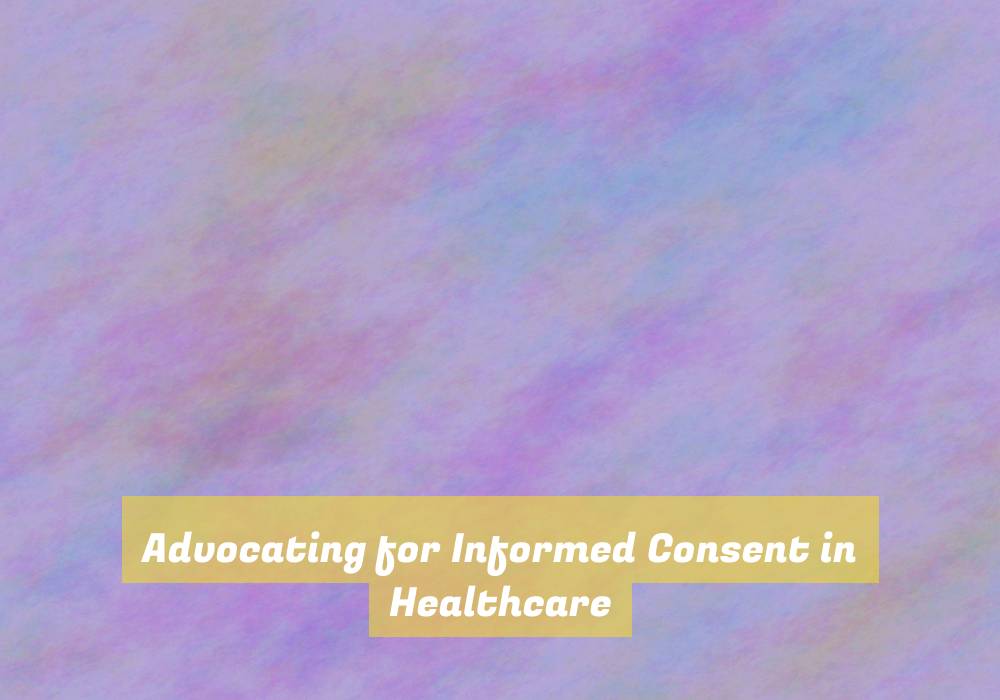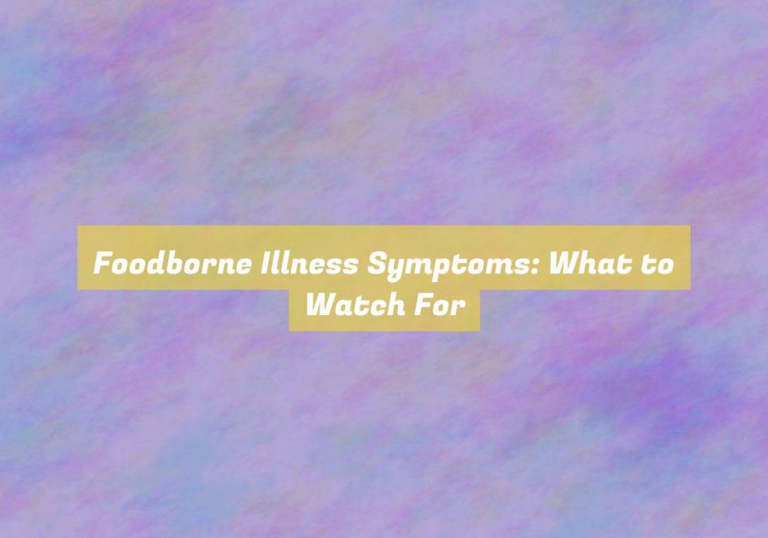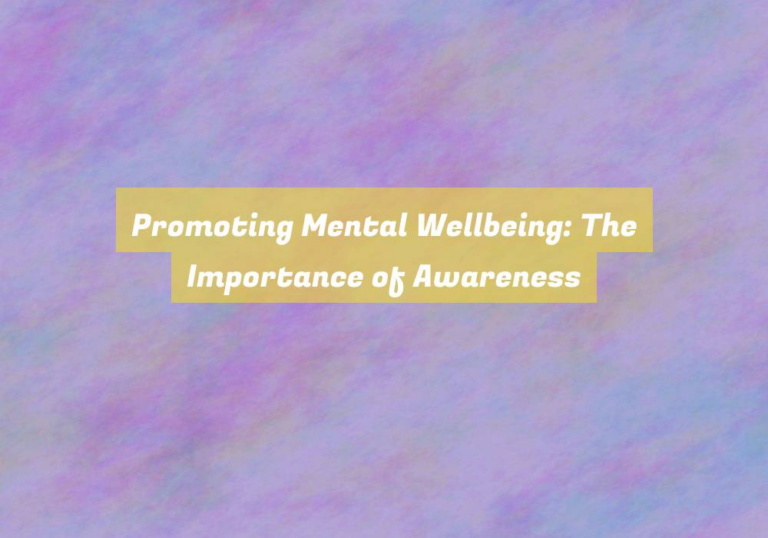Advocating for Informed Consent in Healthcare
When it comes to navigating the complex landscape of healthcare, obtaining informed consent is like laying the foundation for a sturdy building. ItG??s not just a legal requirement – itG??s a fundamental aspect of ethical healthcare practice.
But what exactly does it entail, and why is it so crucial? As you consider the implications of advocating for informed consent in healthcare, youG??ll discover the profound impact it has on patient autonomy, trust in the healthcare system, and the overall quality of care.
These are not just theoretical concepts; they have tangible effects on the lives of patients and the dynamics of healthcare relationships.
Importance of Informed Consent
Understanding the importance of informed consent is crucial for ensuring patient autonomy and ethical healthcare practices. When a patient provides informed consent, theyG??re actively participating in their healthcare decisions. This empowers them to make choices based on their own values, preferences, and understanding of the potential risks and benefits of a treatment or procedure.
Informed consent also fosters trust between the patient and healthcare provider, creating a collaborative and respectful relationship. It demonstrates that the patientG??s rights and well-being are valued and respected. Moreover, from an ethical standpoint, informed consent upholds the principle of respect for persons, recognizing the individualG??s right to self-determination. By obtaining informed consent, healthcare providers uphold their ethical obligation to prioritize the well-being and autonomy of the patient.
Additionally, informed consent serves as a legal protection for healthcare professionals and institutions, ensuring that theyG??ve fulfilled their duty to inform the patient and obtain their consent before proceeding with any medical intervention.
Ethical and Legal Considerations
Recognizing the significance of informed consent in healthcare, itG??s crucial to consider the ethical and legal implications surrounding this essential aspect of patient care.
Ethically, informed consent upholds the principle of respect for autonomy, allowing patients to make their own decisions about their medical treatment based on relevant information provided by their healthcare providers. It ensures that individuals are treated as independent agents with the right to make choices about their own bodies and care.
From a legal perspective, failing to obtain informed consent can lead to allegations of medical malpractice or even legal action. Healthcare providers have a legal obligation to disclose information about the proposed treatment, including its risks and benefits, as well as alternative options. Failure to do so may result in legal consequences.
Moreover, ethical guidelines and legal regulations regarding informed consent vary across different jurisdictions. ItG??s essential for healthcare professionals to stay updated with the specific requirements and standards in their respective regions to ensure compliance and uphold the rights of their patients.
Additionally, considering the constantly evolving nature of medical practices and technologies, ethical and legal considerations related to informed consent require ongoing attention and adaptation to ensure that patientsG?? rights and autonomy are consistently respected.
Impact on Patient-Provider Relationships
Effective communication and mutual respect between patients and healthcare providers form the foundation of a strong patient-provider relationship. When it comes to informed consent, the impact on patient-provider relationships is significant. By ensuring that patients have a thorough understanding of their medical condition, treatment options, and potential risks, healthcare providers can build trust and transparency.
This transparency fosters a sense of empowerment and involvement in the decision-making process for the patient, ultimately strengthening the bond between patient and provider.
Additionally, when healthcare providers prioritize informed consent, it demonstrates their commitment to respecting the autonomy and dignity of their patients. This emphasis on patient autonomy can enhance the overall patient experience and contribute to a more collaborative relationship. Patients are more likely to feel valued and respected when theyG??re actively involved in making decisions about their healthcare.
Conversely, a lack of informed consent can lead to misunderstandings, erode trust, and create barriers in the patient-provider relationship. Patients may feel disempowered or even betrayed if they perceive that important information was withheld from them. This can result in a breakdown of trust and communication, ultimately undermining the quality of care provided.
Therefore, advocating for informed consent in healthcare isnG??t only a legal and ethical imperative but also crucial for nurturing strong and positive patient-provider relationships.
Effective Communication Strategies
Paying attention to effective communication strategies in healthcare not only reinforces the trust and transparency established through informed consent but also plays a vital role in further strengthening the patient-provider relationship.
Clear and open communication is essential for ensuring that patients fully understand the information provided to them and can make informed decisions about their treatment. As a healthcare provider, itG??s crucial to use language that the patient can comprehend, avoiding medical jargon whenever possible. Actively listening to patients, asking open-ended questions, and acknowledging their concerns can help build rapport and trust.
Additionally, using visual aids, such as diagrams or videos, can enhance understanding, particularly for complex medical procedures or conditions. ItG??s important to provide patients with ample time to ask questions and express their worries, ensuring that they feel heard and valued.
Moreover, being transparent about potential risks, benefits, and alternatives to proposed treatments fosters an environment of honesty and respect. By employing these effective communication strategies, you can empower patients to actively participate in their healthcare decisions and contribute to better outcomes.
Conclusion
You now understand the critical importance of informed consent in healthcare.
ItG??s essential for ethical and legal reasons, and it helps build trust between patients and providers.
By effectively communicating and ensuring patients have all the necessary information, healthcare professionals can empower individuals to make informed decisions about their care.
This leads to better outcomes and patient satisfaction.
Always remember to prioritize informed consent in your practice.






